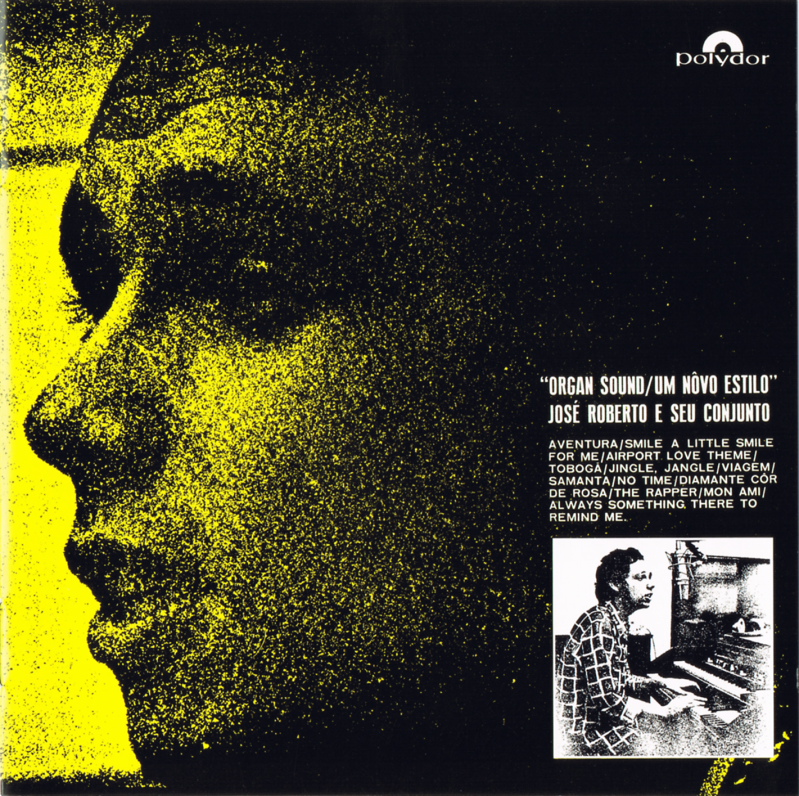Lalo Schifrin
The Amityville Horror / Amityville La Maison Du Diable
Music From The Original Motion Picture Soundtrack
1979 Casablanca Records 571060 (France)
A1 Amityville Frenzy 4:53
A2 Amityville Horror Main Title 1:44
A3 Get Out 2:26
A4 Amityville Love Scene 1:14
A5 The Wind 1:58
A6 5th Concerto For Harpsichord And Strings 3:44
B1 At The Park 1:48
B2 The Ax 3:25
B3 Juke Box 3:00
B4 The Basement 2:22
B5 Bleeding Walls 2:53
B6 Amityville Horror End Credits 2:21
Composed By, Conductor, Producer – Lalo Schifrin
Concertmaster – Israel Baker
Engineer [Recording] – Aaron Rochen*
Executive Producer – Buddy Epstein
Mastered By – Brian Gardener*
Other [Music Coordinator] – Harry Lojewsky
Notes
“Amityville Frenzy” recorded at The Sound Factory, Hollywood.
All other selections recorded at MGM Studios, Culver City.
Mastered at Allen Zentz Studios, Los Angeles.
© 1979 American International Pictures, Inc.
Made in France by Disques Vogue P.I.P.
Distribution Vogue P.I.P.
VG 407 SACEM
Lalo Shifrin is an artist I have wanted to post about here for a long, long time, and as often seems to be the case on this blog, his first appearance here is with a record that I “don’t recommend as the place to start” in his prolific discography. Not that there is anything really wrong with it – it’s just not a particularly significant thread in the many-colored tapestry of his career, in my opinion. But Halloween is upon us, and it’s a soundtrack for an iconic (if not particularly great) horror film, so let’s celebrate!
One reason why a Lalo post is long overdue here is because his oeuvre defies easy categorization and snubs its nose at any folks still clinging to notions of ‘high brow’ vs. ‘low brow’ in art. Born and raised in Buenos Aires, educated there and in Paris, but based in the United States for around half a century, one glance at his credits and accomplishments will quickly demonstrate that this guy does not need to pad out his CV to impress anyone. How many people can boast that they have worked with both Dizzy Gillespie and Dirty Harry? Bruce Lee and bossa nova? Cool Hand Luke and classical concertos? I’ll stop now before I alliterate myself to death, but the message is clear: Lalo Schifrin apparently is not the type to sit around twiddling his thumbs, and seems to stay compulsively busy. All of this soundtrack work was done while he also wrote, recorded, arranged, and performed on more “serious” records under his own name or with other artists.

Schifrin’s film and TV scores are known for frequently dropping some heavy jazz, funk, or Latin grooves in the midst of more orchestrated pieces. Well, we won’t be getting much of that here. The only groovers on this OST are the disco-tinted opening track, “Amityville Frenzy,” and the light-jazz/funk of “Juke Box.” They are both pretty horrific. Another thing Schifrin’s soundtrack work is known for is that you will often find some heavy hitter musicians in the credits. Well, we won’t be getting much of that here either. The truth is that I have no idea who plays on these two aforementioned tracks, but the ensemble playing is pretty generic, and in fact the end of “Juke Box” kind of falls apart completely. The rest of the tracks are orchestral works of the claustrophobic variety that you expect in a horror film, with subtle track titles like “Bleeding Walls,” and occasional creepy wordless female vocals. Oh and there is a little bit of Bach thrown in for good measure and as an excuse to bring out a harpsichord.
So, obviously, my opinion is that this soundtrack isn’t going to threaten Komeda’s “Rosemary’s Baby,” Penderecki’s work for “The Shining”, or a handful of other horror soundtracks that are works of art in their own right. But this topical and timely blog post will stand as a public Post-It note for Flabbergast to share some of Lalo’s more intriguing work in the near future. There is certainly no shortage of it. Otherwise, The Amityville Horror soundtrack is something of a rarity, never getting an official CD release. This vinyl rip is not mine, and in fact I can’t say anything at all about the lineage other than it was sourced from a French pressing of the LP (no info on the equipment used, etc.). But it sounds really nice and gets my thumbs up, and thanks to the mysterious and anonymous person who put the time into digitizing it.













